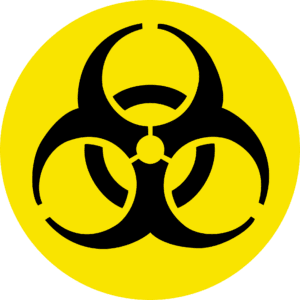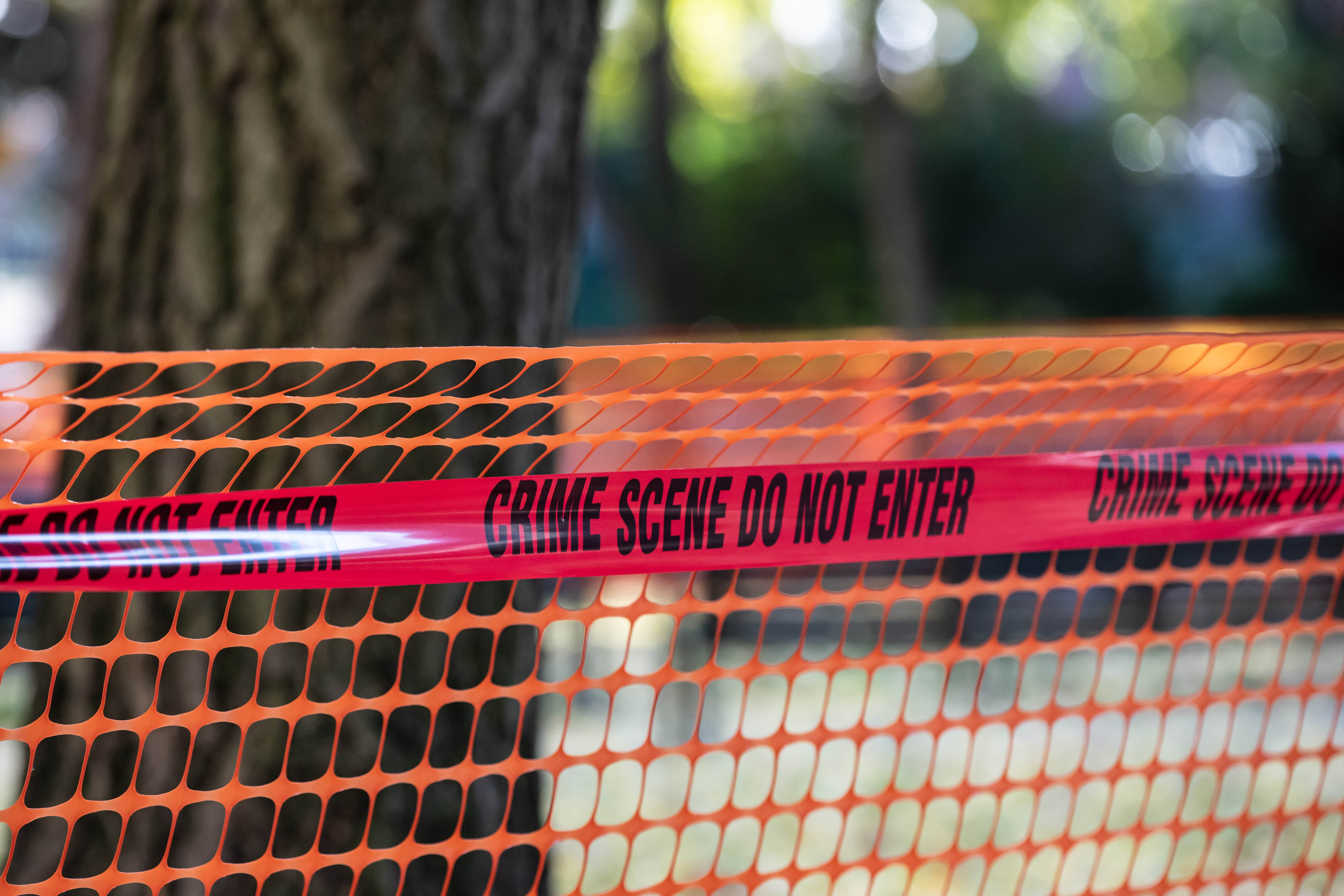Did you know that fecal matter and urine can collect in between your toes and under the nails while you shower? While this type of human waste is more common than most people imagine, there are situations in which they become true health risks. Have you ever asked yourself, Is urine a biohazard? Keep reading to learn all about it and what you can do to get a thorough biohazard cleaning.
Is Urine a Biohazard?
The fact of the matter is that urine is classified as a biohazard known as bodily fluids. Along with urine, this can include blood, vomit, human tissues, and even organs. There are some people who believe that urine is not only sterile but can actually be used to sterilize a wound. These are myths that can end up harming someones health.
You may be surprised to learn that urine was thought to help with acne, cancer, rashes, and other health ailments if consumed. When you eat and drink food, it gets filtered through your kidneys. While some of this is in the form of excess water, it also contains cellular byproducts and other waste that your body doesnt need, such as ammonia and salt.
In addition to this, the urine passes through the urethra on its way out, which is a place in the body that hosts all kinds of bacteria. While safe when present in your urethra at moderate levels, this bacteria can enhance the biohazard dangers that are inherent to urine. Those arent the only ingredients that can be contained within someones urine.
Medications are also filtered by the kidneys so consuming another persons urine could introduce unknown meds into your body. As if that wasnt enough, urine also contains toxins. While these toxins arent exactly toxic, they are often highly concentrated within urine so they can affect your health if put into your system.
Is Feces a Biohazard?
Just like urine, feces is categorized as bodily fluids and is a biohazard that should be avoided at all costs. In fact, there are even more health hazards associated with feces than urine. This is because feces can host a wide variety of viruses and bacteria, including rotavirus, E. coli, salmonella hepatitis C and A, norovirus, shigella, and many more.
Aside from bacteria and viruses, feces is also composed of water, dead stomach bacteria, food waste, salt, fat, intestinal mucus, and cell linings, among other things. Consuming feces or getting it in a wound, your eyes, or another membrane can cause you to contract one or more viruses.
When you contract the norovirus, for instance, you could feel a fever, migraines, and body aches. It can also cause you to experience stomach cramps, diarrhea, dizziness, and even inflammation of the intestines, otherwise known as acute gastroenteritis. Like a domino effect, norovirus can cause dehydration which produces its own set of worrying symptoms, including dry mouth, itchy throat, vertigo, and a reduction in urination. As if that wasnt enough to make you wary about cleaning up feces, you could also get parasites from it, such as Balantidium coli, Sarcocystis species, Blastocystis species, and Cystoisospora belli.
How to Clean Up Urine and Feces
If someone in your home has had an accident, then youre going to need supplies to clean up their waste in the safest manner possible. For starters, youll need a pair of gloves, trash bags, bleach, soap, and paper towels. When faced with fecal matter, its best to scrap as much of the solid parts into a bag as possible. However, there may be liquid or stains that youll need to wipe up with a disinfectant wipe or a paper towel that has been sprayed with bleach. Even if you think youve gotten all of the urine and feces, its best to wipe the area down with bleach in a radius that encompasses more than just the immediate location of the waste. This is because particles can splash and leak elsewhere even if the human eye cant see them.
Hiring Professional Cleaning Services
Without the proper equipment and training, cleaning up a massive mess of urine and feces can prove to be a major health hazard. Plus, if you dont clean it up well enough, this biohazard could affect your friends, family members, coworkers, and others. This is why its always best to seek out remediation services from a company with an established and trustworthy reputation.
A credentialed company will outfit their workers with biohazard gear, including a HAZMAT suit. Theyll also make sure that the human waste is disposed of in the proper fashion. This is due to the fact that human feces cant be thrown out in a regular trash bin like any other type of refuse. Rather, it must be inside of two bags for extra protection, then the bin itself must be designated as a human waste receptacle.
That way, the feces can be handled properly and wont end up infecting the garbage truck drivers or anyone else for that matter. Another reason you should hire a professional cleaning service is to avoid getting sued.
Since biohazardous material can make people sick, the last thing youd want to do is defend yourself in court because one or more of your customers contracted a deadly virus. This is one way to ensure that your brand is tarnished and your restaurant goes out of business, for instance.
Are You Ready to Get Biohazard Cleaning?
Has anyone ever asked you, Is urine a biohazard? Now that youve learned all about it, you can educate them. Afterward, you can make sure that any biohazard messes get handled by professionals.
For almost a decade, Spaulding Decon has been offering people only the best biohazard cleaning services. From hoarding and tear gas removal to mold remediation and crime scene clean-up, were here to help. Feel free to learn more about us. If you have any questions, were only a phone call away.





